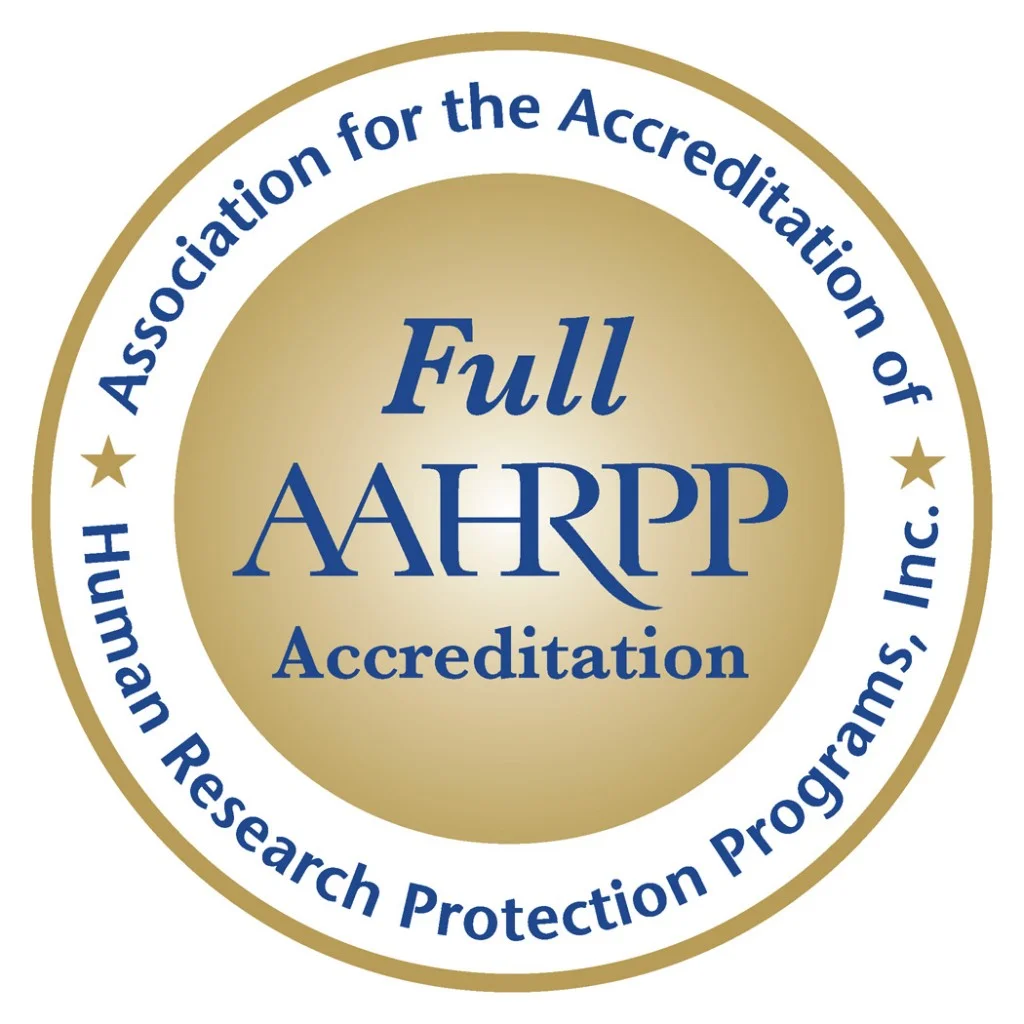All faculty and research staff with the ability to influence the design, conduct and reporting of research are required to report annually all external financial interests for review. New or revised financial interests should be reported within 30 days of discovery or acquisition.
In the event a financial conflict of interest is identified, the Dean will take action to eliminate, reduce, or manage the conflict through a Conflict of Interest Management Plan; these plans must be followed.
Investigators with funding through Public Health Service are also required to complete conflict of interest training every 4 years, and report reimbursed or sponsored travel related to their institutional responsibilities.

